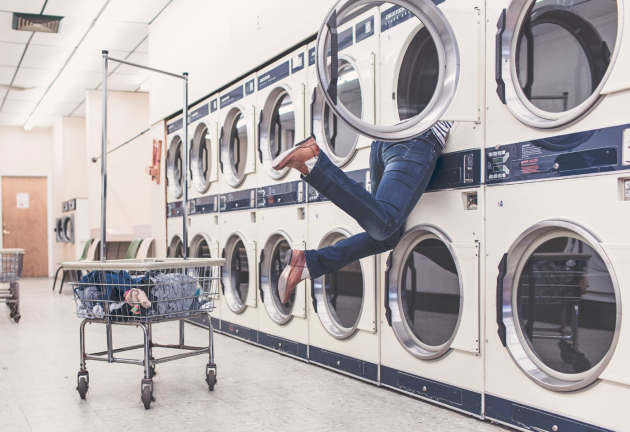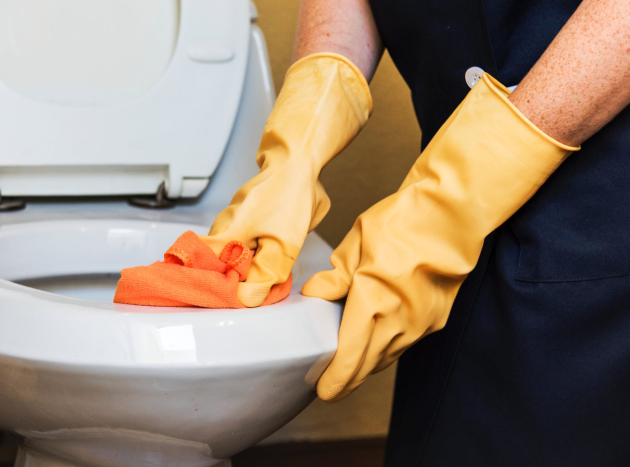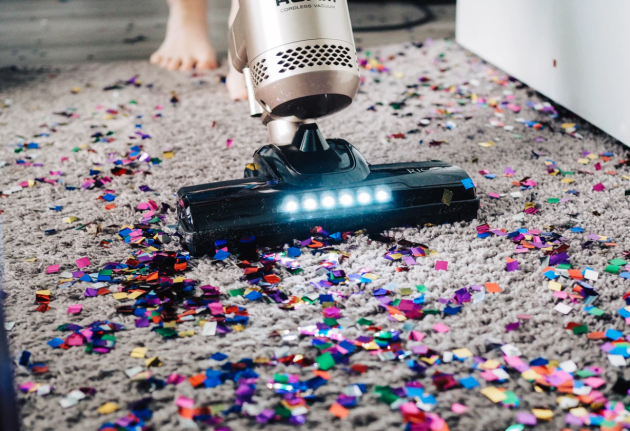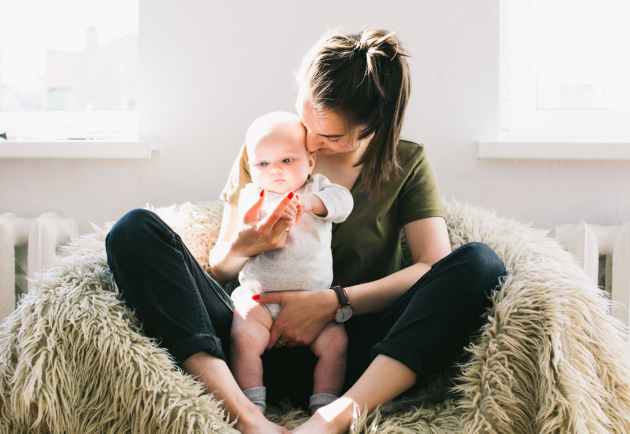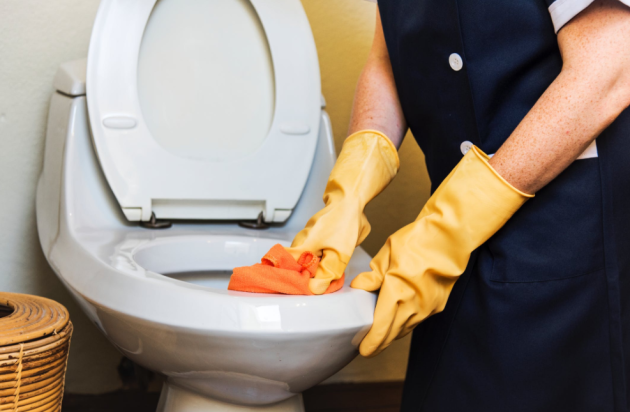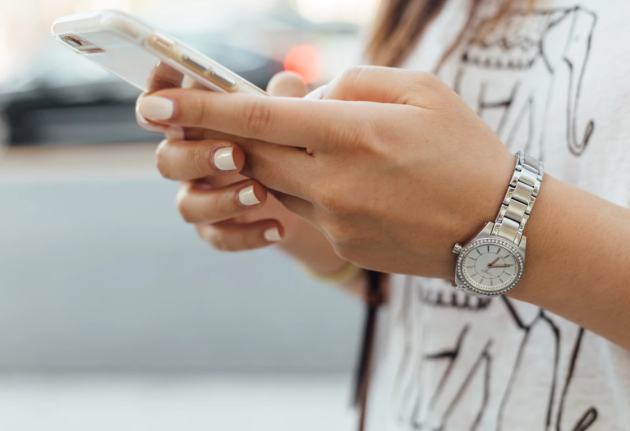
Keeping fresh flowers in your home can reduce pain and anxiety
It has long been claimed that flowers have a therapeutic effect on those who surround themselves with them, but science had yet to truly back it up.
Research conducted by the American Society For Horticulture Science has revealed that fresh flowers can have the ability to ease feelings of anxiety, and even physical pain.
The study evaluated whether or not plants have an influence on surgical patients, and we're pretty surprised by these results. 90 participants were split into rooms with plants or without, and those with foliage feelings have different outcomes.
According to the research, those who were exposed to flowers had lower heart rates and blood pressure, decreased ratings of fatigue, anxiety and pain, and harboured more positive feelings and higher satisfaction about their rooms.
It's now suggested that flowers should be 'complementary medicine' for recovering patients. It's time to click your fingers and insist that a crowd of men throw a bouquet at you every few minutes…for health reasons.
Flowers are often the go-to gift for celebrating milestones, or for offering messages of hope or condolences. Good old science has just given us the opportunity to buy our own blooms, for self-care.

According to a study published in Complementary Therapies In Medicine, bouquets of flowers can reduce our stress levels.
The researchers gave college-age women a fresh vase of roses for their accommodation, and the subjects felt more relaxed than they did before. Whether it's psycho-somatic, or true therapy, it seems to work.
It seems like an easy breezy way to experience multiple health benefits while keeping your home aesthetically lush. Apparently, indoor plants and gardening come with health advantages similar to gym workouts.
We like this, we like this A LOT.








